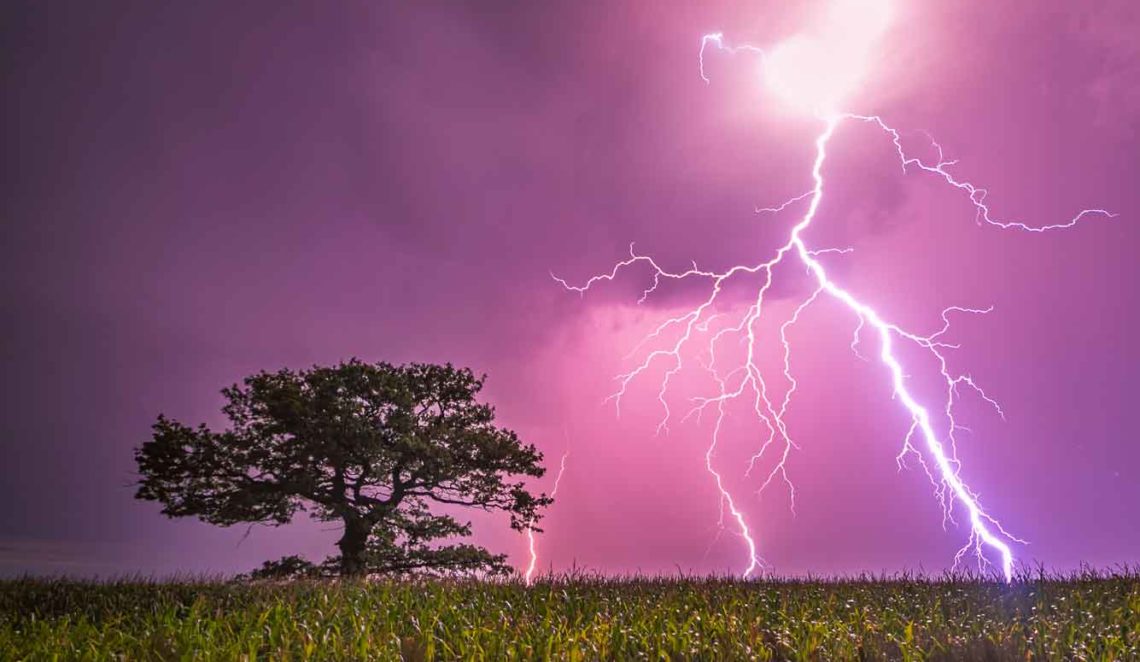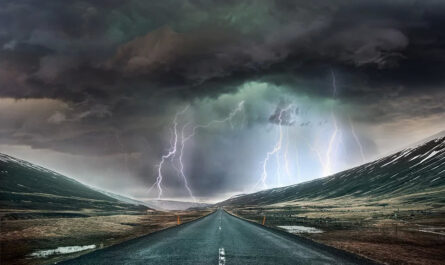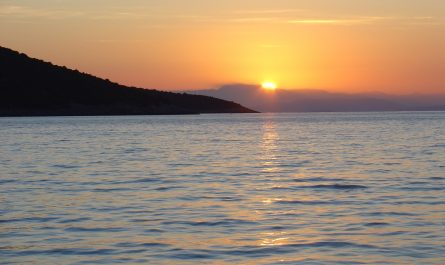The summer of 1914 saw the start of the First World War. Within ten days, between July 28 and August 6, the whole of Europe was caught up in that horrific war. On August 24 the poet Georg Trakl left from Innsbruck Station for Galicia. He was seen off by his friend and supporter Ficker on a ‘traumhaft stille Mondmitternacht’. In his military cap Trakl wore a ‘nodding’ carnation. He died in a hospital in Cracow on November 3, 1914. Trakl now lies in the cemetery of Mühlau, above Innsbruck.
In the ‘Brenner’ of July 15, 1914, there appeared three of Trakl’s poems: ‘Das Gewitter’, ‘Der Abend’, and ‘Die Nacht.’ Dating from that July is also his poem ‘Sommer’….
Sommer
Am Abend schweigt die Klage/ Des Kuckucks im Wald./ Tiefer neigt sich das Korn,/ Der rote Mohn./ Schwarzes Gewitter droht/ Ueber dem Hügel./ Das alte Lied der Grille/ Erstirbt im Feld./ Nimmer regt sich das Laub/ Der Kastanie./ Auf der Wendeltreppe/ Rauscht dein Kleid./ Stille leuchtet die Kerze/ Im dunklen Zimmer;/ Eine silberne Hand/ Löschte sie aus;/ Windstille, sternlose Nacht.
An extraordinary poem: the lull before the storm, subtle sound effects, symbolic motifs of the now silent grasshopper and the candle extinguished. Perhaps prophetic of what was to come? (The red poppy came later to symbolize the loss of life in the First World War.)
The poem poses questions: who is the woman on the spiral staircase? Grete, his sister, who suffered a miscarriage in the spring of 1914…? Or…. ?
Summer
Come evening, the plaintive call/ Of the cuckoo falls silent./ Ever lower dips the corn,/ The red poppy./ Black thundercloud threatens/ Over the hill./ The age-old chant of the cricket / Dies away in the field./ The leaves of the chestnut tree/ Stir no longer./ On the winding staircase/ Your dress rustles./ Quietly the candle shines / In the dark room;/ A silvery hand/ Snuffed it out.;/ A lull in the air, starless night.
Andrew Milne-Skinner (with poetic improvements by Brigitte Scott)
PS: The ‘Trakl-Stube’ in the Gasthof Isserwirt in Lans is well worth a visit….


 von
von 

